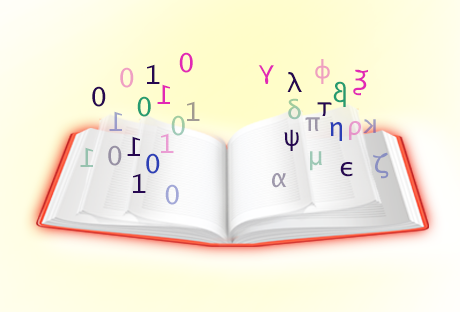- Αρχική Σελίδα
- /
- Ακαδημαϊκή Έρευνα και Εκπαίδευση
- /
- Σχολή Επαγγελμάτων Υγείας και Πρόνοιας
- /
- Τμήμα Κοινωνικής Εργασίας
- /
- Δημοσιεύσεις
- /
- Εμφάνιση Τεκμηρίου
JavaScript is disabled for your browser. Some features of this site may not work without it.
Parents' perceptions about disruptive disorders
Ζουρνατζής, Ευάγγελος; Παπαηλιού, Χριστίνα; Μανιαδάκη, Κατερίνα
Ημερομηνία Δημοσίευσης:
2005-07-21
Τύπος Τεκμηρίου:
Δημοσίευση σε συνέδριο
Όνομα Συνεδρίου:
35th Annual Congress of the European Association for Behavioural & Cognitive Therapies
The significance of parents' role in child psychotherapy is strongly supported by the cognitive-behavioral treatment. Child psychopathology is supposed to be determined by variables operating in the family system, while parents’ beliefs and feelings about their child’s behavior affect their response to the problem. Thus, the therapeutic process should include modification of parents’ possible false beliefs regarding their child’s condition and their role in treatment. The present study, which constitutes part of a more extended research, aims to investigate parents’ perceptions about the causes of disruptive behavior and their feeling of self-efficacy in coping with the problem. Participants were parents of 28 clinically referred boys aged 5.5 – 14.5 years (mean age: 10.02, sd=30.31). All children received diagnosis of ADHD by an experienced clinician. Parents completed the following questionnaires: (a) Child Behavior Checklist (CBCL/6-18) (b) ADHD Rating Scale IV (c) Parental Account of the Causes of Childhood Problems Questionnaire (PACCP) (d) A questionnaire based on Bandura’s theory of self-efficacy (e) A questionnaire asking for demographic information. Results demonstrated that 93% of parents attribute disruptive behavior to learning difficulties. Moreover, 57% of parents consider as causal factor the child’s character and 39% the spoiled upbringing. Less than 30% attribute disruptive behaviors to familial conditions or neurobiologcial abnormalities. Causal attribution to child’s character and spoiled upbringing was significantly positively correlated with disruptive symptoms i.e. ADHD (r=.602 and r=.399 respectively), conduct problems (r=.663 and r=.667 respectively) and Oppositional Defiant Disorder (r=.499 and r=.499 respectively). Parents’ feeling of self efficacy was significantly negatively correlated with the causal attribution to child’s character (r=-.464) and spoiled upbringing (r=-.541). Learning disabilities were not significantly correlated with parental perceptions of self-efficacy. Results are discussed in relation to the possible influences of the parents’ perceptions of their child’s problematic behavior on their role in the intervention program.
Θέμα:
Psychology, Child psychopathology, Ψυχολογία, Παιδική ψυχοπαθολογία
Αρχεία σε αυτό το τεκμήριο
| Αρχεία | Μέγεθος | Μορφότυπο | Προβολή |
|---|---|---|---|
|
Δεν υπάρχουν αρχεία που σχετίζονται με αυτό το τεκμήριο. |
|||
Οι παρακάτω άδειες σχετίζονται με αυτό το τεκμήριο:
Αυτό το τεκμήριο εμφανίζεται στην ακόλουθη συλλογή(ές)
Αναζήτηση
Πλοήγηση
-
Σε όλη την «Υπατία»
-
Αυτή η Συλλογή








